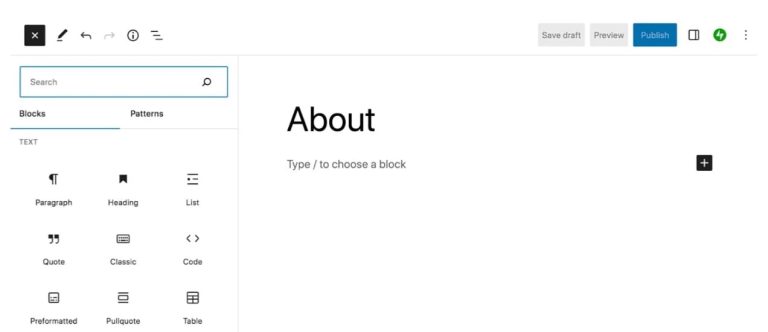
Bevh, the German association for distance sellers, is requesting to reconsider European regulations regarding online platforms. The interest group argues that large platforms are being regulated too strictly and claims that this results in discrimination against these platforms, compared to physical competitors.
The Bundesverband E-Commerce und Versandhandel Deutschland (bevh) represents the interests of German ecommerce and mail-order companies. The Digital Services Act (DSA) aims to protect these sellers and consumers from harmful online content. This European law, which came into effect in February last year, sets requirements for digital intermediaries in areas such as counterfeit products, unfair trade practices, complaint procedures, misinformation, algorithms, advertisements, and recommendations.
Very Large Online Platforms
Table of Contents
In the context of the DSA, the European Commission published a list of VLOPs: Very Large Online Platforms. They must comply with stricter rules than other companies in the online space. The list includes 20 companies, with Zalando being the only German one. The list also includes names like Amazon, the market leader in online sales in Germany, AliExpress, fast-growing players like Shein and Temu, and TikTok, which launched TikTok Shop in the German market this spring.
Need for protection
The companies involved are required to assess their systemic risks, act appropriately in case of violations, and deploy better tools for content management. Bevh believes these requirements go too far. The association provided its explanation during a hearing at the European Court of Justice last week. The key criticism is that the DSA incorrectly equates online marketplaces with social media platforms. “The need for protection when ordering goods is fundamentally different from sharing content on social networks”, says bevh’s public affairs manager Alien Mulyk, pointing out the risks of misinformation, radicalization, and political influence.
Bevh: marketplaces and social media have different risks
The result of this equivalence: “An excessive over-regulation of commerce on very large online marketplaces, which discriminates against it compared to brick-and-mortar retail models.” Moreover, Mulyk argues: “In online retail, there is already a well-functioning system of consumer protection laws – including EU-wide unconditional rights of withdrawal and warranty – as well as strict product safety regulations.”
Notice and takedown and product safety
Mulyk adds that Bevh supports the ‘notice and takedown’ principle – the obligation to remove illegal content or products upon notification – as well as measures aimed at improving product safety. However, according to Bevh, the VLOP rules go too far, are discriminatory, and hinder innovation. The ruling of the Court of Justice could have far-reaching consequences for the interpretation and application of the DSA to trading platforms.
‘VLOP regulation limits innovation’
Sustained growth
Bevh regularly conducts research on the development of online sales. After a few challenging years, including a double-digit decline in 2023, ecommerce in Germany is back on the rise. Bevh reported an increase of 1.1 percent over the previous year, anticipating sustained and stronger growth for the sector.





